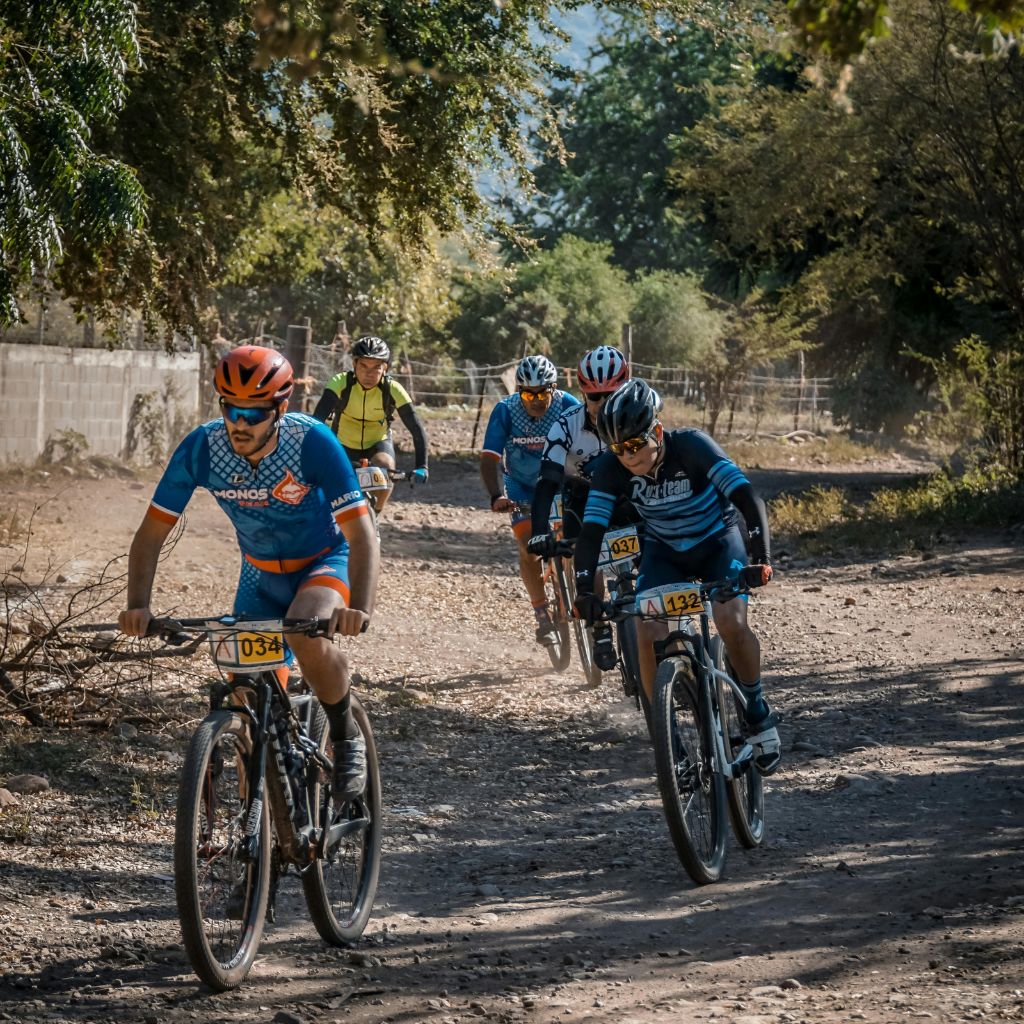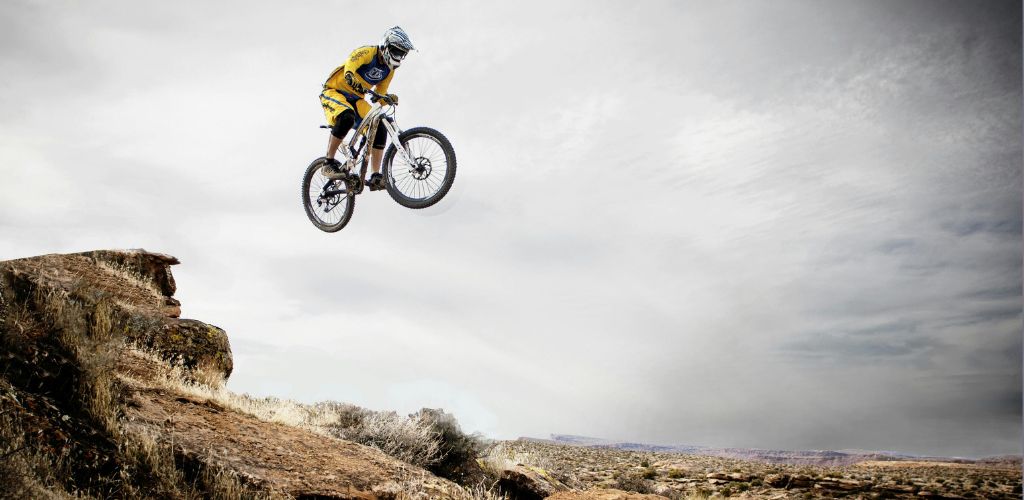As a seasoned mountain biker, and mountain biking obsessed fiend, I can tell you that the financial landscape for pro mountain bikers is as varied as the trails we ride.
Let’s delve into how much pro mountain bikers make, looking at earnings from sponsorships, race winnings, and more.
Pro Mountain Biker Earnings: A Wide Range
The income of pro mountain bikers varies greatly, influenced by factors like race results, sponsorships, and media presence.
At the top end, some of the sport’s biggest names can earn substantial amounts. For instance, downhill legend Aaron Gwin, in a good year, could rake in around $1 million, considering prize money, personal sponsorships, and his primary team contract.
Another top name, Nino Schurter, is estimated to earn between $500,000 and $1,000,000 annually.

Sponsorships and Media Influence
Sponsorships play a significant role in a pro biker’s income.
This isn’t just about winning races; factors like a strong social media presence and engaging with the public and media can significantly impact what sponsors are willing to pay.
Riders who bring additional value, such as a robust social media following or a unique style, are often more attractive to sponsors.
Salary Disparities
While some top riders earn high salaries, there’s a notable disparity in the mountain biking world.
Many pro riders, especially those not at the very top, earn much less.
For American riders, the income can range from $100,000 to $300,000 for those directly below the highest earners – but for the vast majority of professional mountain bikers, they’re living month to month – and are definitely not rolling in cash. They may start on around just $10,000 – perhaps with some riding apparel, bike parts, or even bikes provided for example.
Riders first “going pro” are most often struggling to make ends meet, until their combined sponsorships, race winnings, and other self-created ventures start gaining real traction.
It’s important to note that these figures can vary based on the rider’s performance, reputation, and sponsor negotiation skills.

The Impact of Discipline and Exposure
The type of mountain biking discipline also affects earnings.
For instance, cross-country and downhill racers tend to earn more than enduro racers.
This is partly due to the visibility and media coverage of these disciplines. Other cycling events like the Tour de France, which get extensive television coverage, can command higher sponsorships, which isn’t always the case in mountain biking events.
Conclusion: A Passion More Than a Paycheck
While the top pro mountain bikers can earn significant amounts, for many, the profession is more about passion than the paycheck.
The thrill of competition, the love for the sport, and the lifestyle that comes with being a pro mountain biker are often just as valuable as the income. However, it’s clear that the sport can be lucrative for those who reach the absolute pinnacle of success and visibility.
In summary, the earnings of pro mountain bikers can vary widely, with top riders earning substantial amounts primarily through sponsorships and race winnings, while others may earn less but are driven by their passion for the sport.

